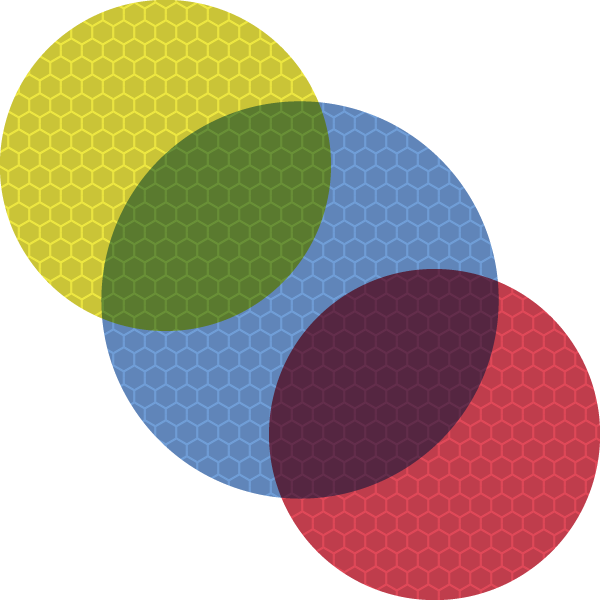1964_Sackson_323_October 29.jpg
Creator
Sid Sackson
Date
1964
Format
.jpg
Source
Box 1, Object 2, Sid Sackson collection
Item sets
Rights Statement
The Strong, Rochester, New York.
Full Metadata
 1964_Sackson_323_October 29.jpg
1964_Sackson_323_October 29.jpg
Title
1964_Sackson_323_October 29.jpg
Rights
The Strong, Rochester, New York.
Type
image
Creator
Sid Sackson
Date
1964
Format
.jpg
Language
English
Source
Box 1, Object 2, Sid Sackson collection
Coverage
1964
transcription
Thursday 29 October 1964
303rd day - 63 days to come
(cont. from 10/30)
placed that match an opponent's meld. These add to your
score but do not count toward the 7 matched cards
for going out.
If a player melds a group at one level (major or
minor) the corresponding group cannot be melded by
the opponent (if Vs are melded the opponent may not
meld Ks). (If a player melds a major sequence in a
house does this stop the opponent from melding a
minor sequence in that house or visa versa??)
Scoring: - The completing player scores 10 points
for each melded card ( ) + and matched to opponent) below
the line. Above the line he scores 10 points for each
card left in his opponent's hand minus any left in his
own hand. 210 points (250 would be better) [two words crossed out]
below the line ends the game. The player who achieves
this scores both his above the line & below the line
score. The opponent loses his below the line score,
keeping only his above the line score.
When played with a regular deck the game is similar
and can be played by two, three, or four with a single
deck.
Set up face down piles of 12 (instead of 7). Melds
are groups or sequences and also special "marriages"
which are the K & Q or the A & 2 of the same suit.
A sequence played to the table prohibits the opponent
from using a sequence which contains any of those num-
bers. A group melded on the table prohibits the opponent
from melding the group immediately above or below.
RATIONAL SOLITAIRE FOR TWO - (see 4/10) Same game
except that victory was determined by total number
of cards each had at end. (Arthur won.)
PATTERNS - My game using 12 cards for each player.
Did not work out completely. Will have to work on
it and then record the rules.
EGO HIGH - Played with changes recorded on a 8 x 5
card. (Arthur won.)
POKER WITH HIGH DECK - (Didn't play this but was
told about it.) 2 to 6 can play. Each is dealt 5
cards. Each in turn plays one card in front of
him and then there is a round of betting. Then
a second card followed by a second round of betting.
Then a 3rd. Then a 4th with a final round of
betting. High hand among remaining players wins.
In counting high hands, however, only cards
(cont 10/28)
303rd day - 63 days to come
(cont. from 10/30)
placed that match an opponent's meld. These add to your
score but do not count toward the 7 matched cards
for going out.
If a player melds a group at one level (major or
minor) the corresponding group cannot be melded by
the opponent (if Vs are melded the opponent may not
meld Ks). (If a player melds a major sequence in a
house does this stop the opponent from melding a
minor sequence in that house or visa versa??)
Scoring: - The completing player scores 10 points
for each melded card ( ) + and matched to opponent) below
the line. Above the line he scores 10 points for each
card left in his opponent's hand minus any left in his
own hand. 210 points (250 would be better) [two words crossed out]
below the line ends the game. The player who achieves
this scores both his above the line & below the line
score. The opponent loses his below the line score,
keeping only his above the line score.
When played with a regular deck the game is similar
and can be played by two, three, or four with a single
deck.
Set up face down piles of 12 (instead of 7). Melds
are groups or sequences and also special "marriages"
which are the K & Q or the A & 2 of the same suit.
A sequence played to the table prohibits the opponent
from using a sequence which contains any of those num-
bers. A group melded on the table prohibits the opponent
from melding the group immediately above or below.
RATIONAL SOLITAIRE FOR TWO - (see 4/10) Same game
except that victory was determined by total number
of cards each had at end. (Arthur won.)
PATTERNS - My game using 12 cards for each player.
Did not work out completely. Will have to work on
it and then record the rules.
EGO HIGH - Played with changes recorded on a 8 x 5
card. (Arthur won.)
POKER WITH HIGH DECK - (Didn't play this but was
told about it.) 2 to 6 can play. Each is dealt 5
cards. Each in turn plays one card in front of
him and then there is a round of betting. Then
a second card followed by a second round of betting.
Then a 3rd. Then a 4th with a final round of
betting. High hand among remaining players wins.
In counting high hands, however, only cards
(cont 10/28)
Item sets
